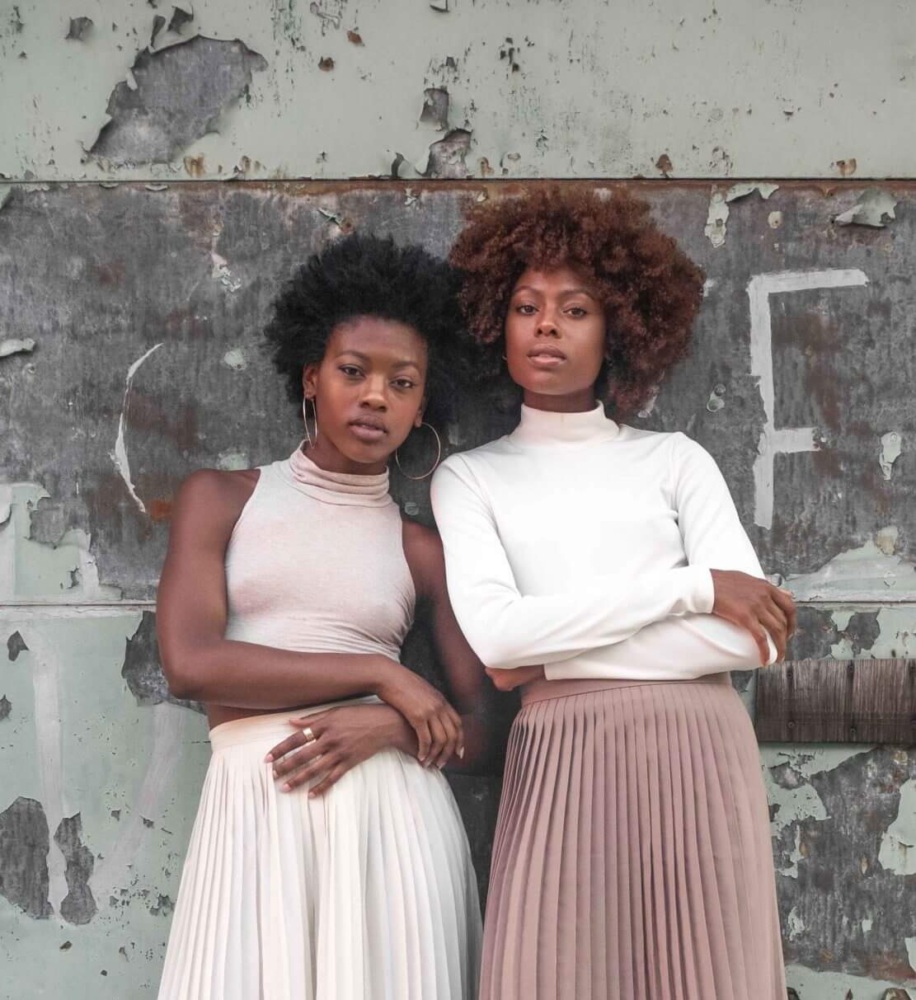By Virtue of Tears
May 22, 2018

May 22, 2018
By Tiffany Ivey

I find it not coincidental that one of our first acts as human beings freshly birthed from the woman’s womb is to cry. It is innate. It is human. It is necessary. So much so that if a child does not cry upon their entry into the world, there is an immediate indication that something is wrong. These primal tears are an indication of life, health, vitality, and wholeness. They speak to the child’s ability to communicate and thrive in an environment outside of their own. These tears hold virtue. However, what gives me pause and deeply grieves my spirit is the notion that while all of us will know what it means to cry, some of us will have lost a reverence and understanding concerning the true virtue of our tears.
Within the realm of movement spaces, the work done most often revolves around situations that carve deep wounds in the hearts of communities. Voting rights, women’s rights, the labor movement and others of the like, revolve around unjust situations that rely on the efforts of movement activists who have armed themselves to fight. This armor includes radically tending to the well-being of ourselves. You cannot pour from an empty vessel. You cannot effectively fight on half full. Like the pressure searing steam forcefully exiting an enclosed teapot, so describes the state of one that eliminates the virtue of their tears from their space. No matter how long the issues of life are successfully held in, at some point, with no release, the only fate awaiting is that of a forceful escape. Our tears are a rekindling component that helps mend our situation, creating healthy release, escape, and communication.
It is troubling to me that within the realm of Black spaces and in the culture of Black movements, we have been conditioned to think that the way to move forward is to “stay strong.” This notion of “staying strong” through cultural definition has yielded an idea that strength exists through the omission of tears. While I support the encouragement of strength, this ideology has harmfully robbed generations from experiencing the impact of their tears. It is the courageous act of boldly expressing your tears that reveals the true strength of people. Our innate ability of crying is powerful in nature. Black tears move nations. As the ancestors raged the seas on the middle passage, many were thrown overboard because colonizers could not bear to hear the sounds from those who bitterly wept. There is an unabridged power and light in expressing our truth through giving your tears a seat at the table.
Within our current moment in history, very often do the voices of people of color go unheard, concerns of communities go unattended and bodies of Black people surmount the surfaces of prisons, streets, and graves. I believe it is high time that we begin to radically take our place and exercise the virtue of our tears. For those of us who fight on the battlefields of injustice, I believe that our freedom, our fight, our collective healing and our complete restoration will come through cherishing the powerful virtue of expressing your tears.
Tiffany Ivey served as Advancement Project’s winter 2018 communications intern.